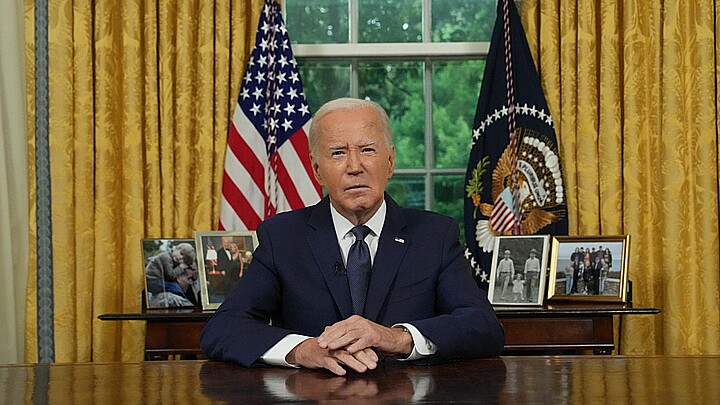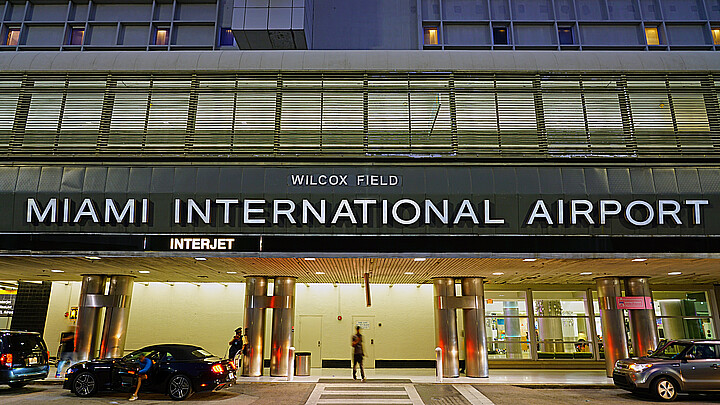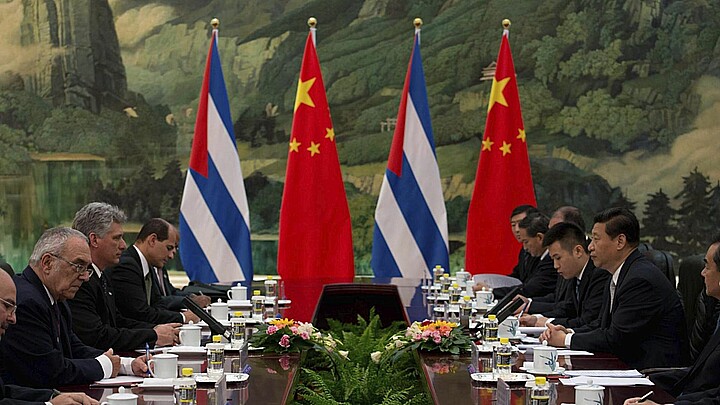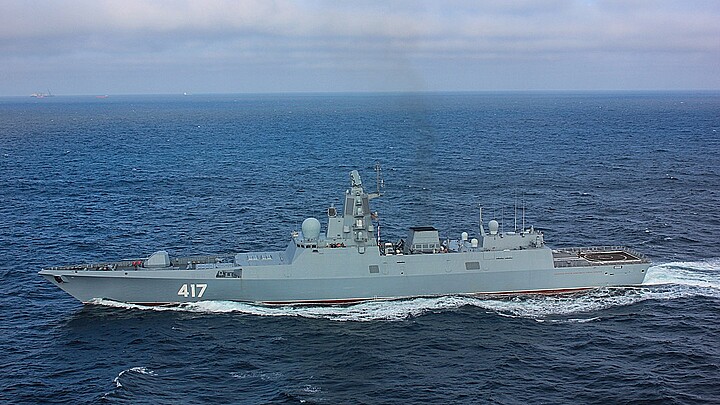Politics
Biden extends 1996 'Brothers to the Rescue' measure halting U.S. vessels from entering Cuba
The Biden administration extended the national emergency measure that prevents United States vessels from entering Cuba. The measure stems from an act of state sponsored terrorism in 1996 when the regime shot down two planes patrolling the Straits of Florida for Cuban refugees at sea.
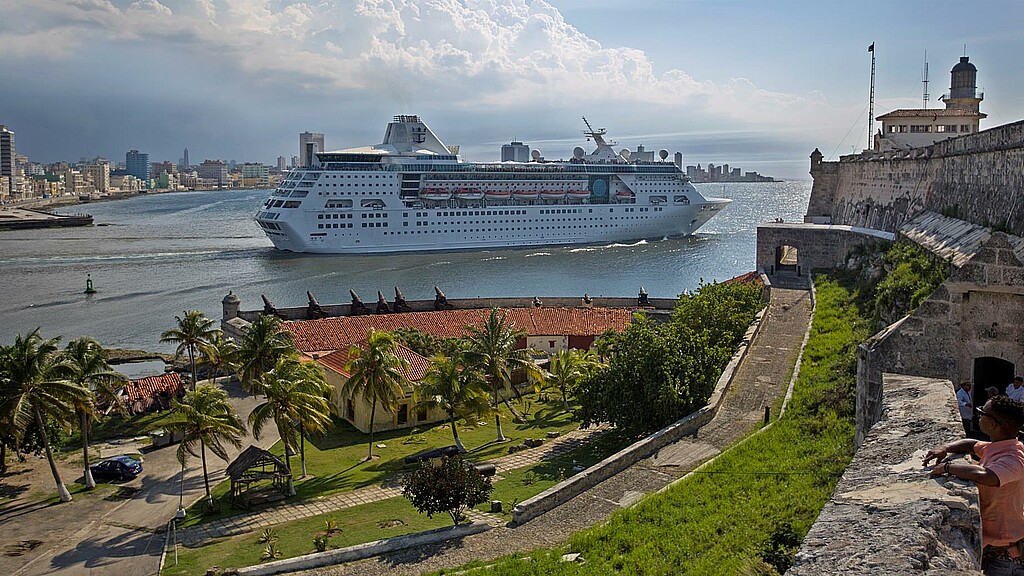
February 21, 2023 7:11am
Updated: February 21, 2023 7:33am
The U.S. government extended until 2024 the state of "national emergency" with respect to Cuba, which prevents the unauthorized entry of any vessel registered in that country into territorial waters off the island. The measure was announced Friday, Feb. 17.
The measure, whose validity is evaluated every year by the US president, was established by former President Bill Clinton in 1996 after Cuban regime fighter jets shot down on Feb. 24 of that year after two civilian planes registered in Florida caused the death of four members of the Cuban-American organization "Brothers to the Rescue", dedicated to saving stranded rafters in the Straits of Florida who fled the island.
"The Cuban government has not demonstrated that it will refrain from the excessive use of force against U.S. vessels or aircraft that may participate in commemorative activities or peaceful protests in northern Cuba," warned the statement signed by President Joe Biden.
The U.S. president also pointed out in a letter sent to Congress announcing the extension that "the need to continue with this national emergency persists, based on a disturbance or threat of disruption of U.S. international relations related to Cuba."
"The unauthorized entry of any U.S.-registered vessel into Cuban territorial waters continues to be detrimental to U.S. foreign policy," according to the document.
The Biden administration also warns that the unauthorized entry of vessels flying the United States flag could "facilitate massive migration from Cuba."
"It remains U.S. policy that mass migration from Cuba would jeopardize the country's national security by posing a disruption or threat of disruption to U.S. international relations," he noted.
During the so-called "thaw" between the President Barack Obama's administration and the Raúl Castro regime in December 2014, both countries reestablished ties and the following year reopened their embassies in Washington and Havana.
At that time, the emergency declaration was softened, although maintained, by the U.S. Executive.
In 2016, the White House authorized cruise passengers to stop on the island, but this decision was reversed by former President Donald Trump (2017-2021), who turned U.S. foreign policy towards the regime of Cuba and increased economic sanctions.
Despite recent exchanges by Biden administration officials with communist regime authorities, the U.S. still maintains many of the restrictions put in place by Trump.

